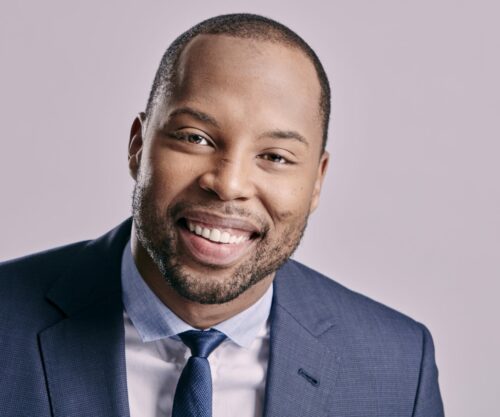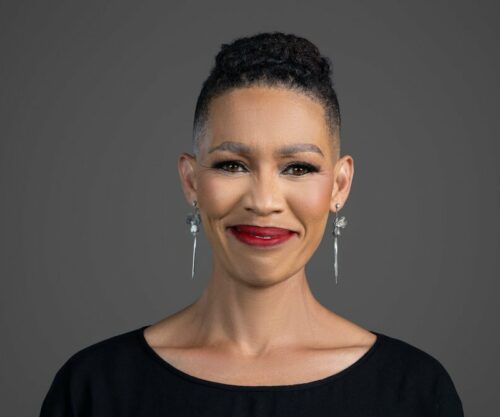
The long walk to self-recognition
When South African reality TV star Inno Matijane spoke out recently on Instagram about his long-standing battle with gender dysphoria, it landed like a public confession of a private war. “There was a time when I looked in the mirror and did not recognise myself,” he admitted. The pain he described came not from external judgement but from the weight of living in a body and identity that did not feel like his.
From transition to de-transition, and what changed
Matijane’s story is layered. At one point, he embraced a female identity publicly, changed pronouns, and appeared to be on a transition journey. Then, in 2024, he shared that he had reversed that path and now identifies again as male, citing that the peace he hoped for had not arrived. Earlier, he said that changing his outward appearance did not change the emptiness he still felt inside.
The cultural backdrop: a South African context
In South Africa, the conversation around gender identity is still unfolding. Many public figures live in the glare of social media and expectation while attempting to find personal truth. Matijane’s choice to speak so openly is significant because it brings local visibility to gender dysphoria, something often described but seldom heard in the first person. He refers to the condition as “a pain that lives under your skin and makes every breath feel heavy.”
Social media and public reaction
When Matijane posted his story online, the response was immediate. Some fans expressed empathy: “You are not broken. You are not alone. There is light after darkness,” he wrote. Others questioned his reversal of transition and what it meant for broader trans communities. On X, some users debated whether his path made his earlier statements invalid or helped broaden understanding. Others reminded audiences that each individual’s journey is unique rather than a one-size-fits-all template.
There was a time when I looked in the mirror and didn’t recognise the person looking back. Gender dysphoria is real. It is a pain that lives under your skin and makes every breath feel heavy. I thought if I changed everything, I would finally be free. I believed that peace was… pic.twitter.com/FUiwr4dHgT
— Inno Matijane (@innomatijane) November 13, 2025
Why this matters beyond one person
Whether someone transitions, de-transitions, or remains undecided, the message from Matijane is: healing matters more than identity labels. By saying he stopped running and started talking to Faith—“Slowly he showed me who I was beneath all the labels and the noise”—he shifts the conversation to inner peace rather than public image. For those in a country grappling with stigma, inequality, and unanswered questions about gender, this kind of narrative offers an alternative: quiet dignity over public spectacle.
What the future could hold
Matijane says he is still healing, still human, still being shaped. He refuses to pretend everything is perfect. The dysphoria “still whispers” but no longer dictates his steps. For him, this is not about proving something to the world but living, day by day, in a way that feels truthful. Whether he becomes more visible again, returns to television, or chooses a quieter life, his story already matters: it expands the public map of identity in South Africa and gives permission to the many who feel unseen to keep looking for their own way.
Source: Briefly News
Featured Image: Instagram




